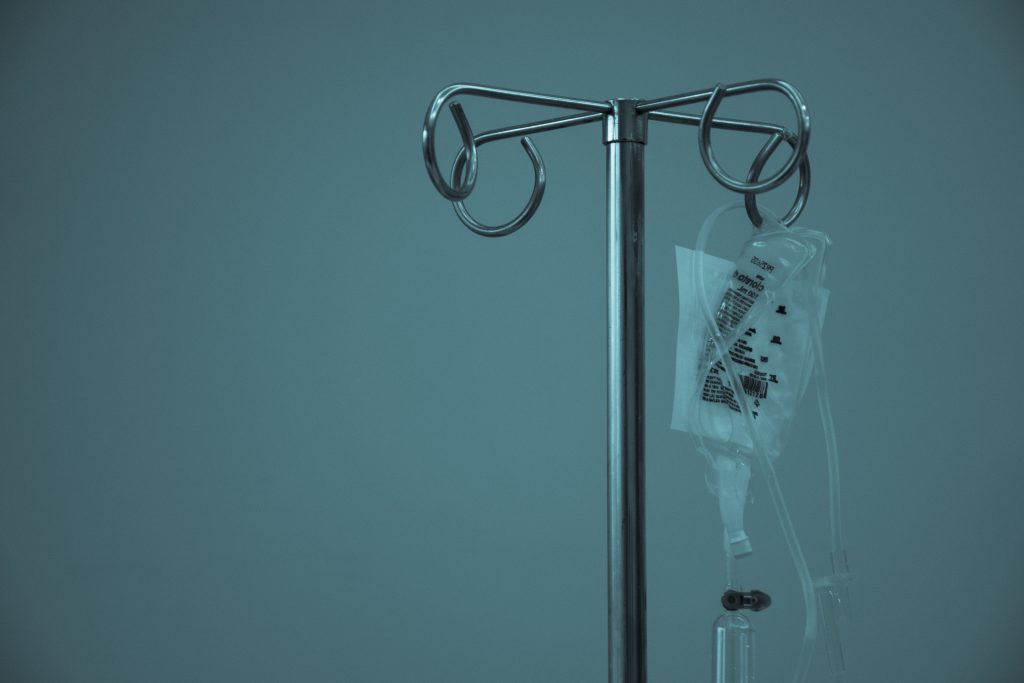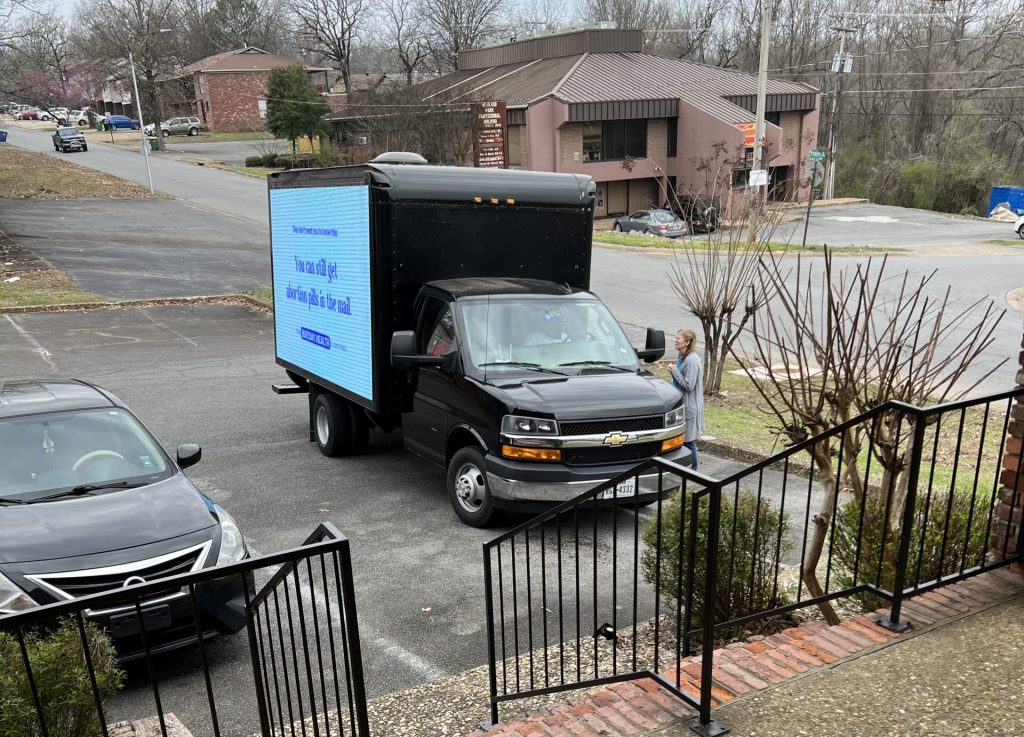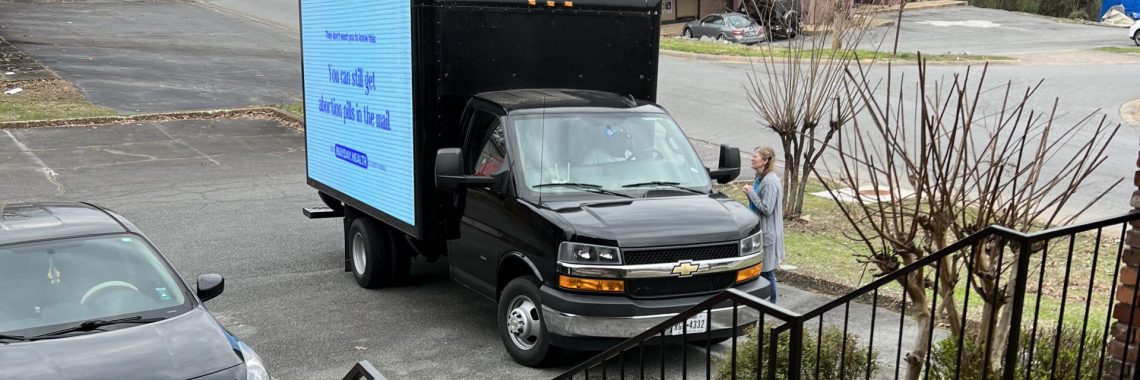The “Face of Assisted Death in Canada”

Since so-called Medical Aid in Dying was legalized in Canada, those with severe medical conditions have been increasingly in danger. Care is becoming harder to find, while the option to die is quick, cheap, and always available.
One woman recently told her story on Twitter,
I am the face of [assisted-death] in Canada. As a 42-year-old woman with a rare complication of lupus [and] iatrogenic injuries, I will only cost the “system”. I want to live but can’t get the care I need [and] have been approved for MAiD.
This is what opponents of MAiD warned of all along. The so-called “right” to die with dignity quickly becomes a “duty” to die, as vulnerable people are crushed beneath economic, social, and medical pressures.
In fact, according to demographer Lyman Stone, “Canada euthanized more people last month than the sum total of every Canadian wartime casualty since 1946.” Increasingly, those most at risk are losing the ability to choose.
Copyright 2025 by the Colson Center for Christian Worldview. Reprinted from BreakPoint.org with permission.
Video: Pro-Abortion Group Parks Mobile Billboard at Arkansas Pregnancy Center

On Wednesday a mobile, digital billboard advertising abortion brazenly parked in front of a pregnancy resource center in North Little Rock, Arkansas.
The pro-abortion message advertised “abortion pills delivered to your door” and listed a link to a website that promotes “at-home abortion.”

Abortion is prohibited in Arkansas except to save the life of the mother, and under the state’s Abortion Inducing Drugs Safety Act, it is a crime to provide abortion pills via courier, delivery, or mail service in Arkansas.
In other words, the billboard’s advertisement promotes illegal activity.
The pro-abortion billboard appears to be sponsored by the organization Mayday, a group that tells people how to order abortion pills online and have them delivered via mail forwarding services.
It appears the mobile billboard did not remain at the pregnancy resource center very long. The vehicle drove away after pro-lifers asked the driver to leave.
This is not the first time that a group has promoted abortion pills by mail in Arkansas.
Last December Family Council wrote about the Arkansas Abortion Support Network’s decision to post information on its website telling women how to order abortion drugs online.
Abortion-inducing drugs take the life of an unborn child, and they carry significant health risks for women — including risk of sepsis and death.
Delivering abortion drugs by mail violates Arkansas law. It also puts women and unborn children at serious risk.
There simply is no excuse for promoting so-called “at-home abortions” like this.
Below is video footage of the pro-abortion billboard.
Articles appearing on this website are written with the aid of Family Council’s researchers and writers.



